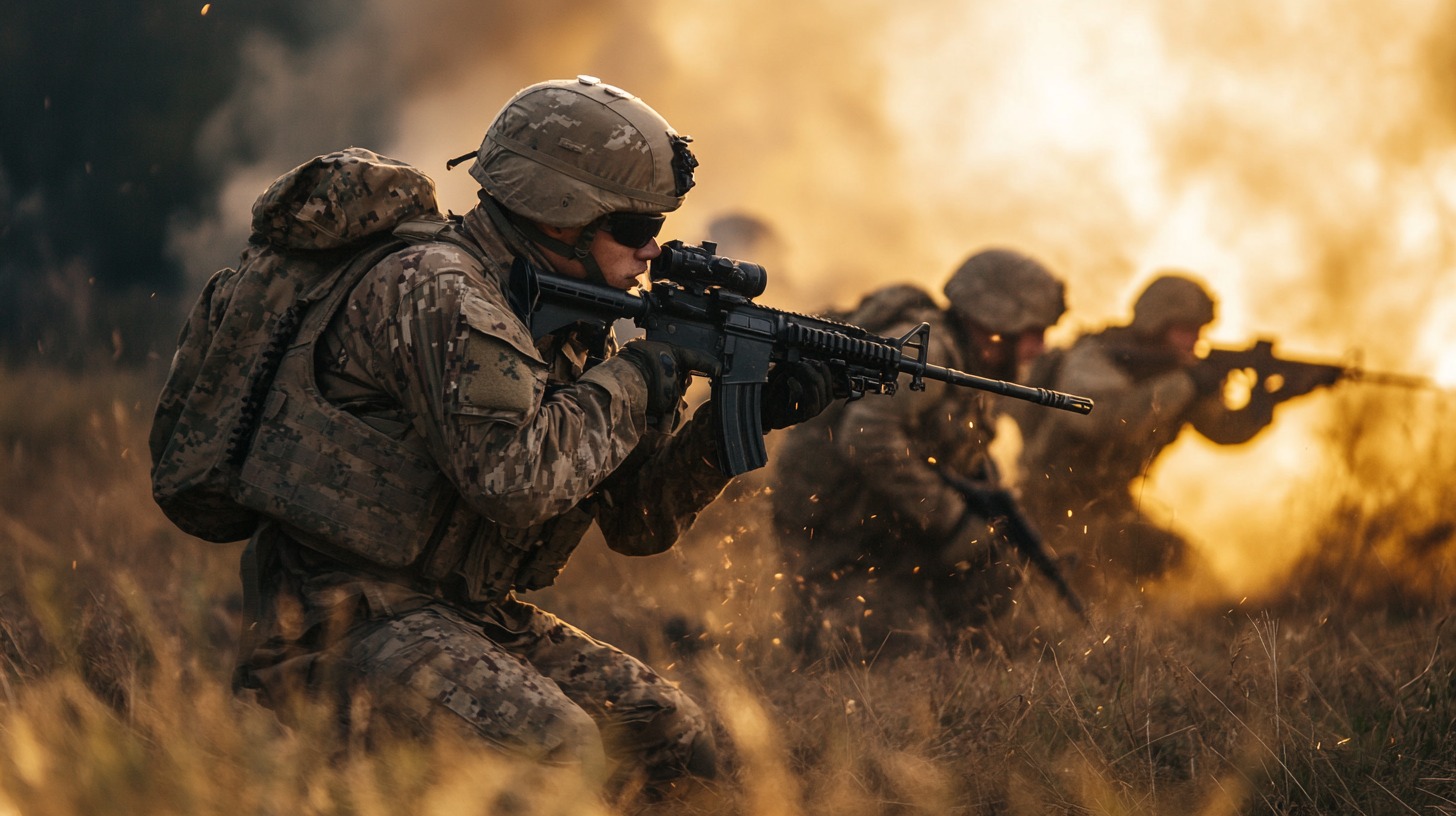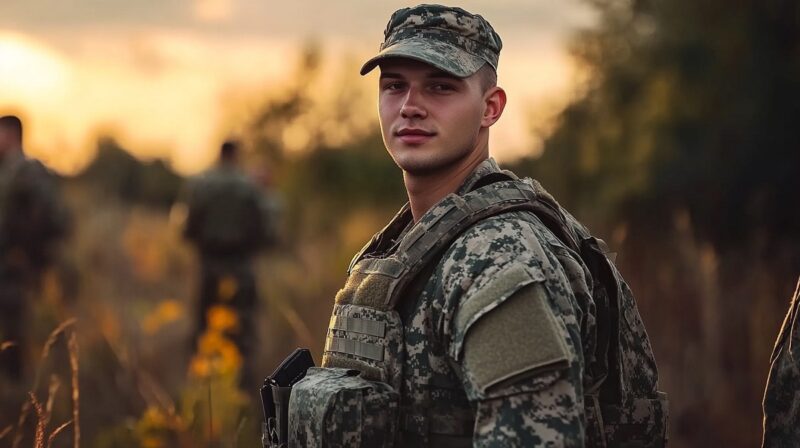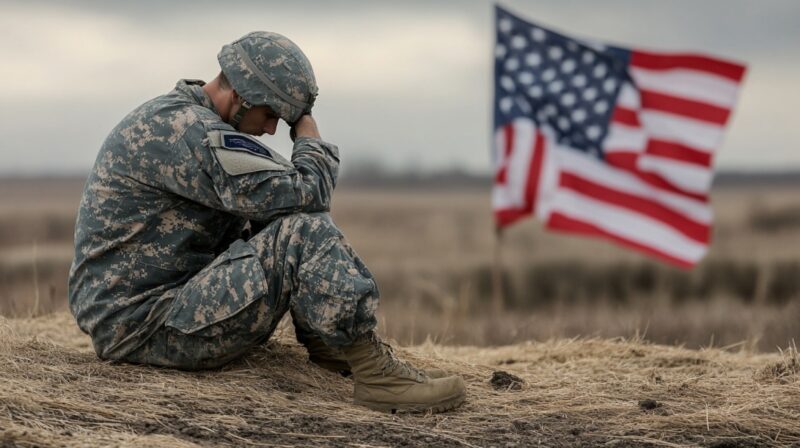Soldiers are known for their bravery, commitment, and discipline. But it’s no secret that many of them also engage in risk-taking behavior, both on and off the battlefield. We often hear about troops putting themselves in dangerous situations, sometimes far beyond the call of duty.
The reasons behind this aren’t always straightforward, but by looking closer, we can get a better picture of what drives them.
Some of these reasons are rooted in military life itself, while others stem from the mental and emotional toll service members face.
Let’s break down why soldiers, especially those who’ve been through combat, may take more risks than the average person.
1. Combat Experience and Trauma
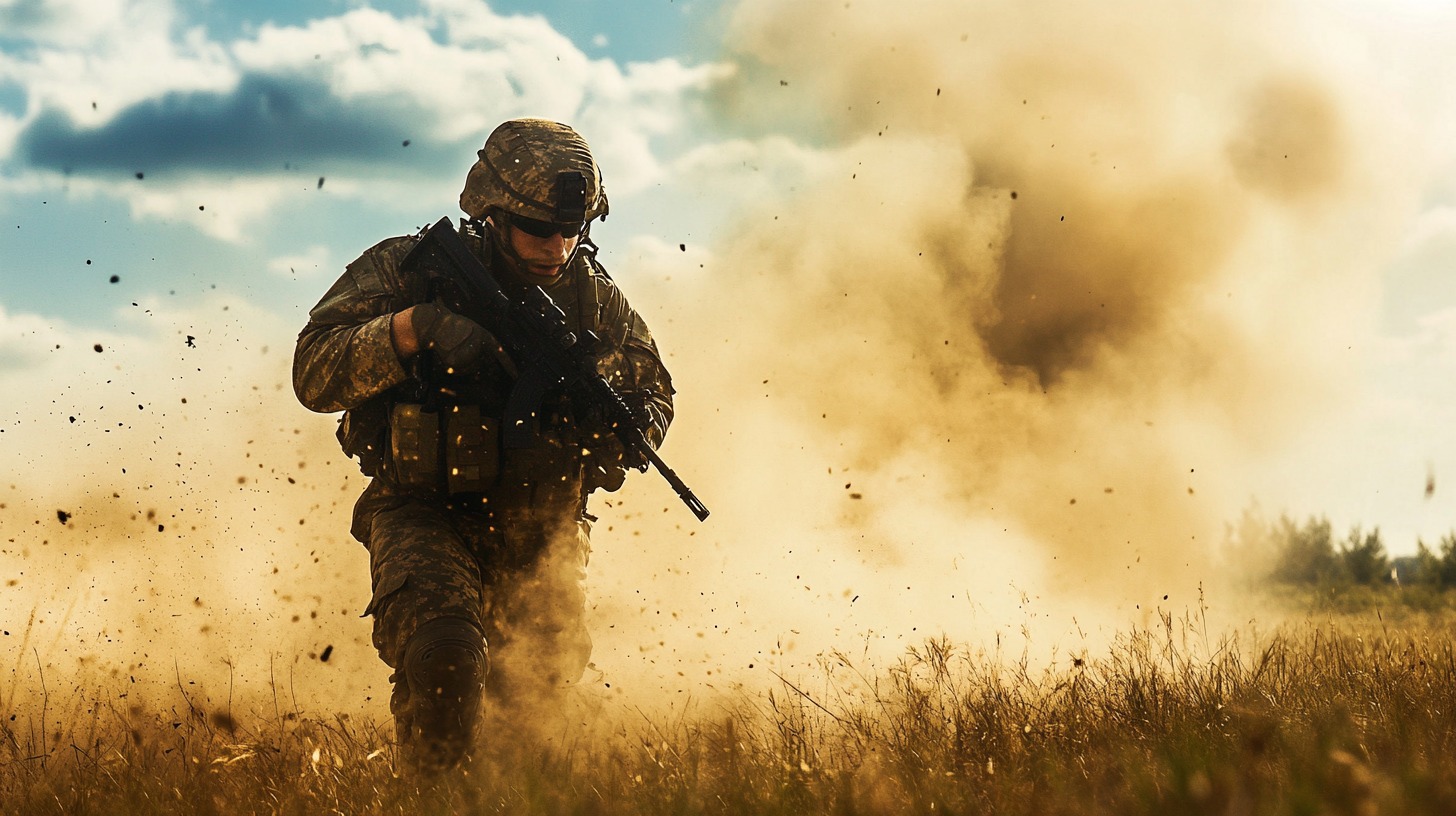
War is unpredictable, violent, and relentless. Soldiers constantly find themselves in life-or-death situations where they have to react quickly and aggressively. Over time, that environment can profoundly affect their mindset.
Many soldiers get used to living in a state of hyper-awareness, where their survival depends on making snap decisions and taking risks others would shy away from. That heightened sense of danger can follow them even after they’ve returned home.
The adrenaline rush of combat becomes a baseline for some soldiers, and they might chase that same feeling in civilian life.
2. Substance Abuse and Alcohol Consumption
Substance abuse is, unfortunately, all too common in military life and can play a huge role in risk-taking behavior.
Alcohol often plays a significant role in risk-taking, as it reduces inhibitions and clouds judgment, leading to impulsive decisions. For soldiers, the intense stress and trauma they experience can make alcohol an appealing escape.
For many soldiers, substance abuse is a form of self-medication. After combat, the stress and anxiety can be overwhelming. Turning to alcohol or drugs can seem like an easy escape from those mental burdens. But with that escape comes increased risk-taking behavior, as those substances cloud judgment and loosen the grip on self-control.
3. Youth and Inexperience
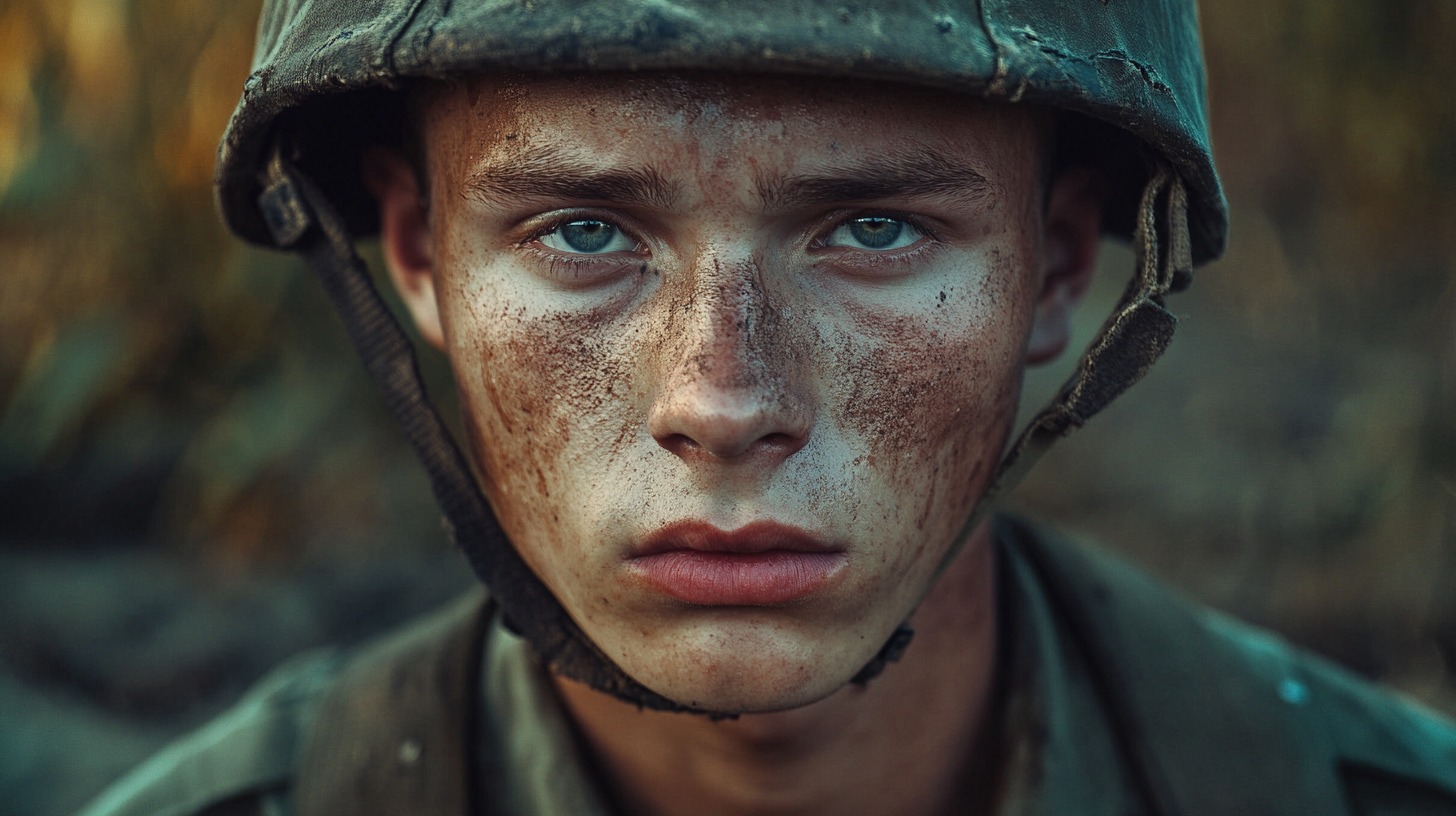
It’s easy to forget that many soldiers are young and, in some cases, inexperienced when it comes to life beyond the military. That combination of youth and limited life experience can also fuel risky behavior.
For a young soldier, who already feels untouchable thanks to age, the added intensity of military life can make risky behavior seem exciting or just plain normal. In their eyes, nothing bad will happen to them, because they’re “tough enough” to handle it.
Limited Exposure to Civilian Life
For those who enlist straight out of high school, military life is often all they know. The structured environment, combined with the lack of regular exposure to the ups and downs of civilian life, can create a disconnect between soldiers and the real-world consequences of their actions.
4. Psychological Effects of Military Life
Military life, in general, leaves its mark on the mind, often in ways that push soldiers toward risk-taking.
| Factor | Description |
| Hypervigilance | Soldiers are trained to be hyper-aware of their surroundings, and constantly on alert for potential threats. This hypervigilance often continues off duty, leading to risk-taking behavior that keeps them in a heightened state of awareness. |
| Desire for Control | Military life involves a loss of personal control, as soldiers are constantly following orders. After service, they may engage in risky behaviors as a way to reclaim personal freedom and test their newfound autonomy. |
Some soldiers engage in riskier behaviors due to psychological factors, and others may find themselves in situations where swift, life-saving actions are required, especially in extreme conditions on the battlefield.
5. Group Dynamics and Military Culture
Group dynamics are powerful, and in the military, they can push individuals toward behaviors they might not engage in on their own.
The military culture fosters a strong sense of camaraderie. Soldiers depend on each other for survival, and that shared bond can make them more likely to engage in risky behavior together. If one person in the group is doing something dangerous, others may follow, not wanting to be seen as weak or left out.
While this is necessary on the battlefield, it can translate into a mindset that encourages risk-taking. Pushing limits becomes a badge of honor, and soldiers may test how far they can go, both physically and mentally.
6. Mental Health Conditions
PTSD and Depression
Post-traumatic stress disorder (PTSD) and depression are common among soldiers, especially those who’ve seen combat and had to go with risk-taking behavior. These conditions can cloud judgment, increase impulsivity, and lead to a disregard for personal safety.
When someone feels numb or disconnected from their emotions, they may take risks just to feel something or escape the mental pain they’re experiencing.
Self-Destructive Behavior
Mental health struggles often lead to self-destructive behaviors, such as reckless driving, substance abuse, or even picking fights. For soldiers grappling with PTSD or depression, those actions can be a way of coping with their internal turmoil. In some cases, it’s not just about thrill-seeking but a deeper, more troubling disregard for their own well-being.
7. Training and Desensitization
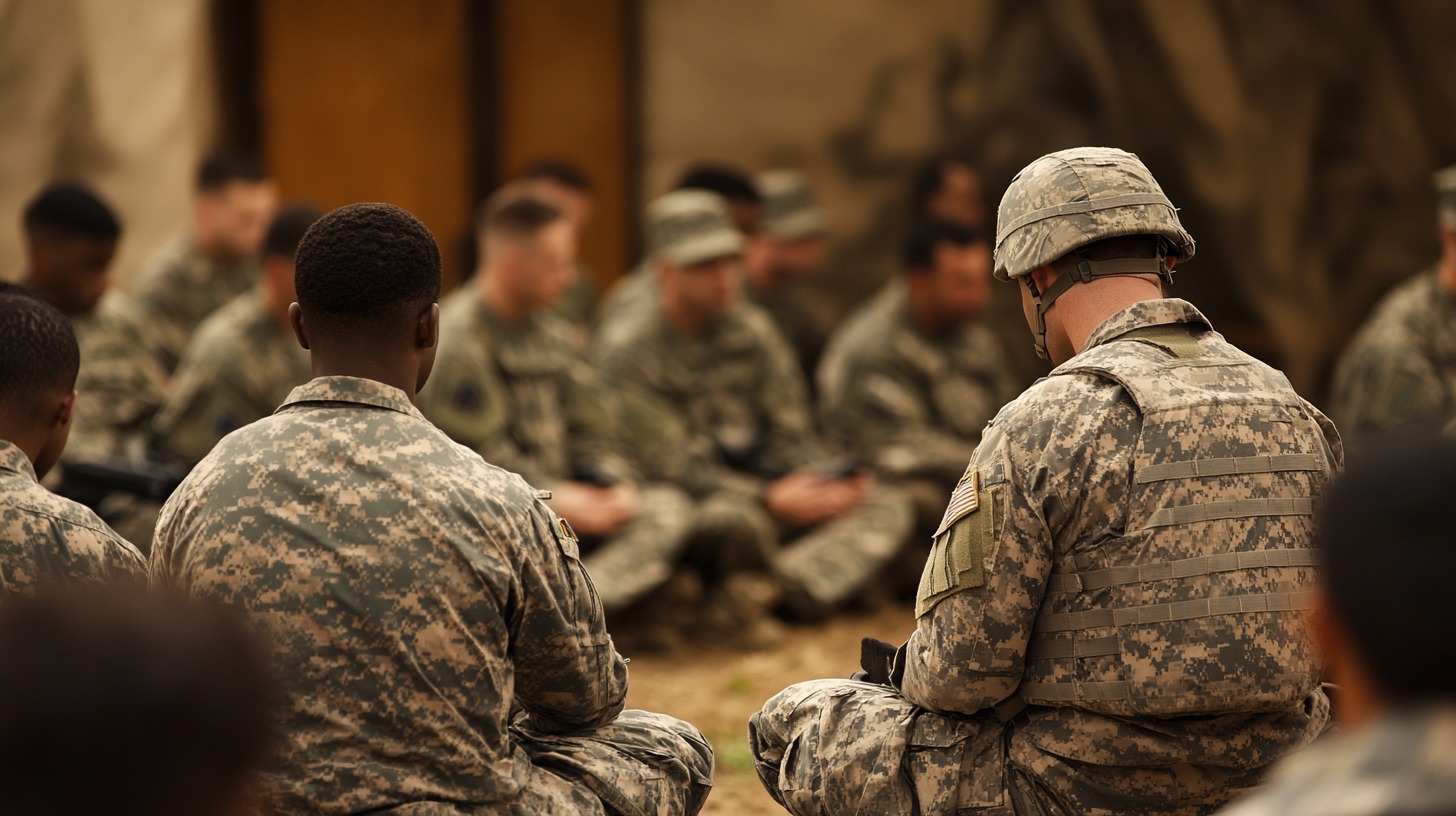
Military training plays a crucial role in how soldiers react to danger, but it can also lead to behaviors that would seem reckless to civilians.
Violence, danger, and stress become part of their daily lives, and over time, they can become desensitized to it. What might seem risky to someone else could just feel like another day at the office for a soldier.
That desensitization means that soldiers might engage in risky behavior simply because it doesn’t feel as dangerous to them as it does to others.
Training to Push Limits
Military training pushes individuals beyond their comfort zones. It teaches soldiers to overcome fear and keep moving forward, even in seemingly impossible situations.
This mindset, crucial in battle, can also drive soldiers to challenge themselves in civilian life. Trained to surpass perceived limits, they often take risks others wouldn’t dare.
The Bottom Line
From trauma and mental health challenges to substance abuse and group dynamics, there’s a lot that goes into why soldiers might engage in behaviors others would avoid.
It’s crucial to recognize these factors not to judge but to understand the challenges soldiers face.
When we know how those challenges impact their actions long after the battles are over it becomes easier to tackle the issues.
Related Posts:
- 5 Reasons Why Military Recruitment is Struggling in…
- Are Soldiers Spending Too Much Time on After Action Reports?
- What Soldiers Love to Read During Downtime? Top…
- Why do Immigrants Come to the United States?
- Why the RQ-4 Global Hawk Remains Vital for the U.S. Military
- Common Boot Camp Myths - Why You Shouldn't Trust…

